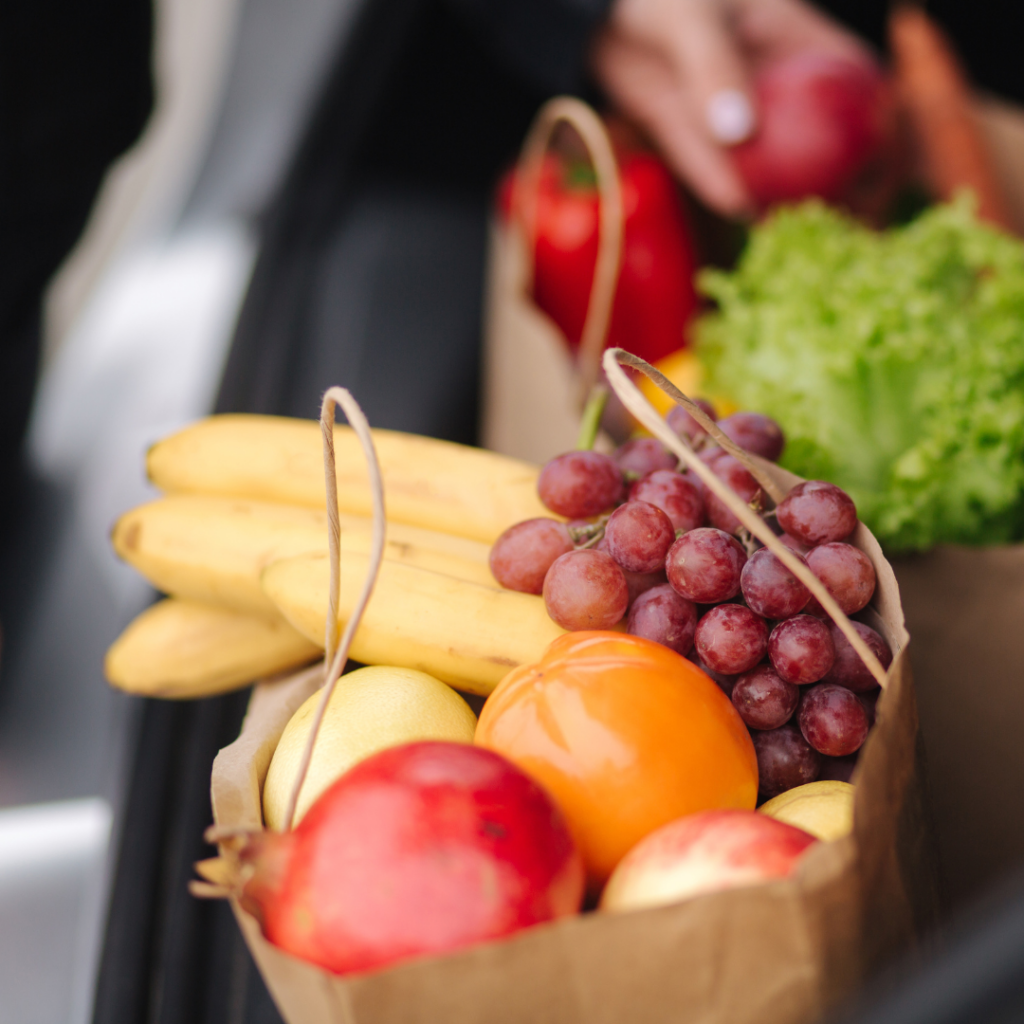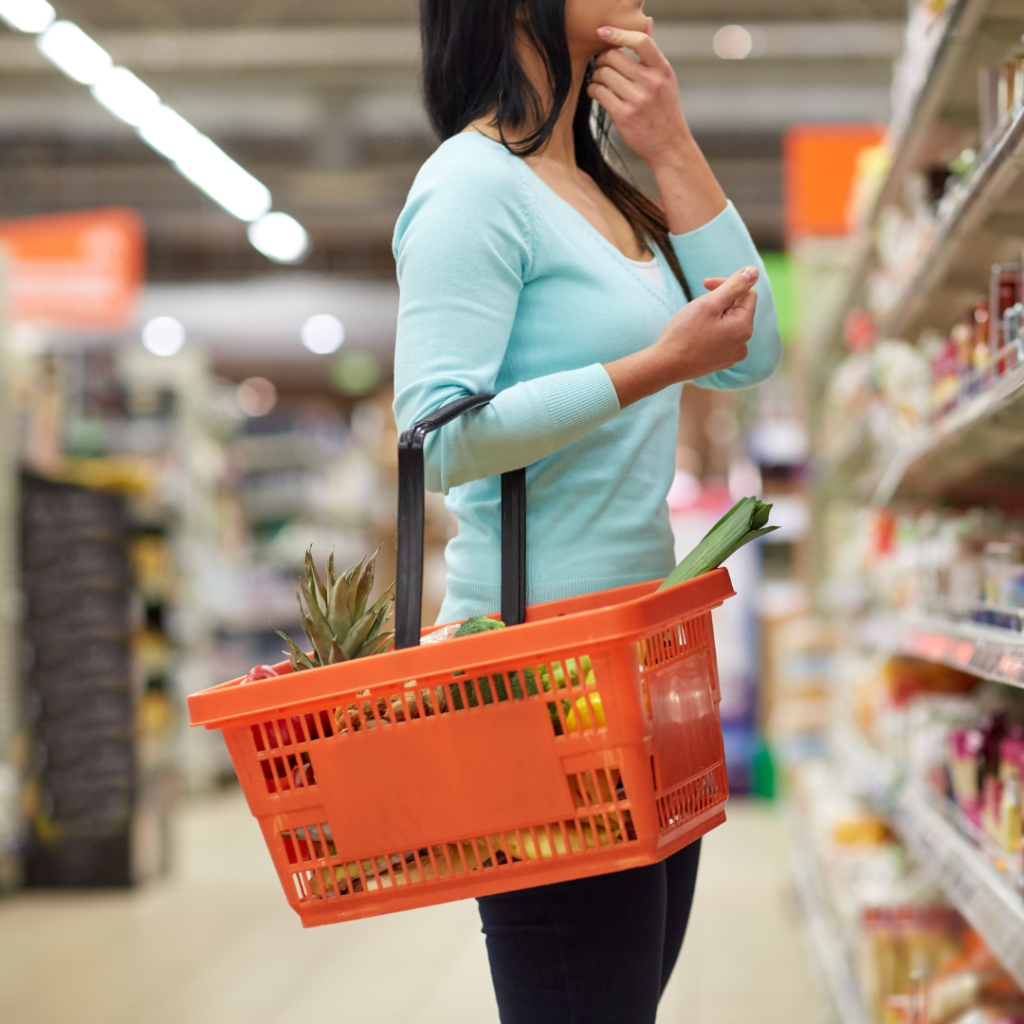18 March 2024
Buying Loose Potatoes, Apples and Bananas could save NZ $36 million a year

In a world where convenience often trumps environmental concerns, it’s crucial to recognise the impact of our daily choices, especially when it comes to food.
In Aotearoa, approximately 3.2 billion dollars of food is discarded from households each year, with fruits and vegetables ranking among the top three most wasted items. This staggering statistic underscores the urgent need for change in our consumption habits. Because it’s not just an economic problem but an environmental one too, which will impact us all.
Food Waste Action Week 2024, now in its fourth year, is advocating for a simple yet powerful shift: ‘Choose What You’ll Use‘. This initiative encourages Kiwis to reconsider their shopping habits, particularly when it comes to purchasing loose fruits and vegetables.
By opting for only what we need, we can significantly reduce the amount of food that ends up in landfills. Research from Love Food Hate Waste NZ shows we could save 14,000 tonnes worth of apples, bananas and potatoes from the bin if we bought them loose.

It is not just the amount of food we can save, shopping with a list, purchasing only what is necessary and using up our food before it goes into the bin could save individuals up to $1,500 annually in Aotearoa.
With grocery food prices 5.4 per cent higher than they were a year ago, these simple changes seem like a no-brainer. However, they do necessitate a shift in our shopping habits.
The concept of “choosing what you’ll use” encourages a departure from the prevailing culture of excess and convenience. Instead, of grabbing that bag of apples or potatoes, it advocates for a return to mindful consumption and a deeper appreciation for the resources that sustain us.
One of the easiest ways to start making changes to our shopping habits is to thoughtfully plan out meals for the week utilising existing pantry staples. This can help avoid overbuying in-store and ensure that ingredients are used efficiently. Additionally, proper storage techniques, such as investing in reusable containers and utilising the freezer, can extend the shelf life of perishable items, minimising spoilage.
While the word climate change may scare many, and the goals to reduce our carbon emissions are high, it is important to maintain perspective. As consumers, we possess the power to effect change through our daily choices. By embracing the principles of Food Waste Action Week and committing to “choose what we’ll use,” we can all play a pivotal role in building a more sustainable future when it comes to reducing food waste.